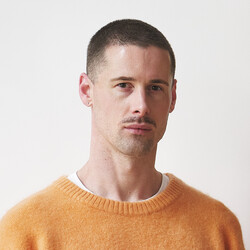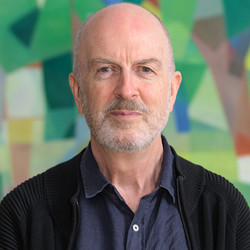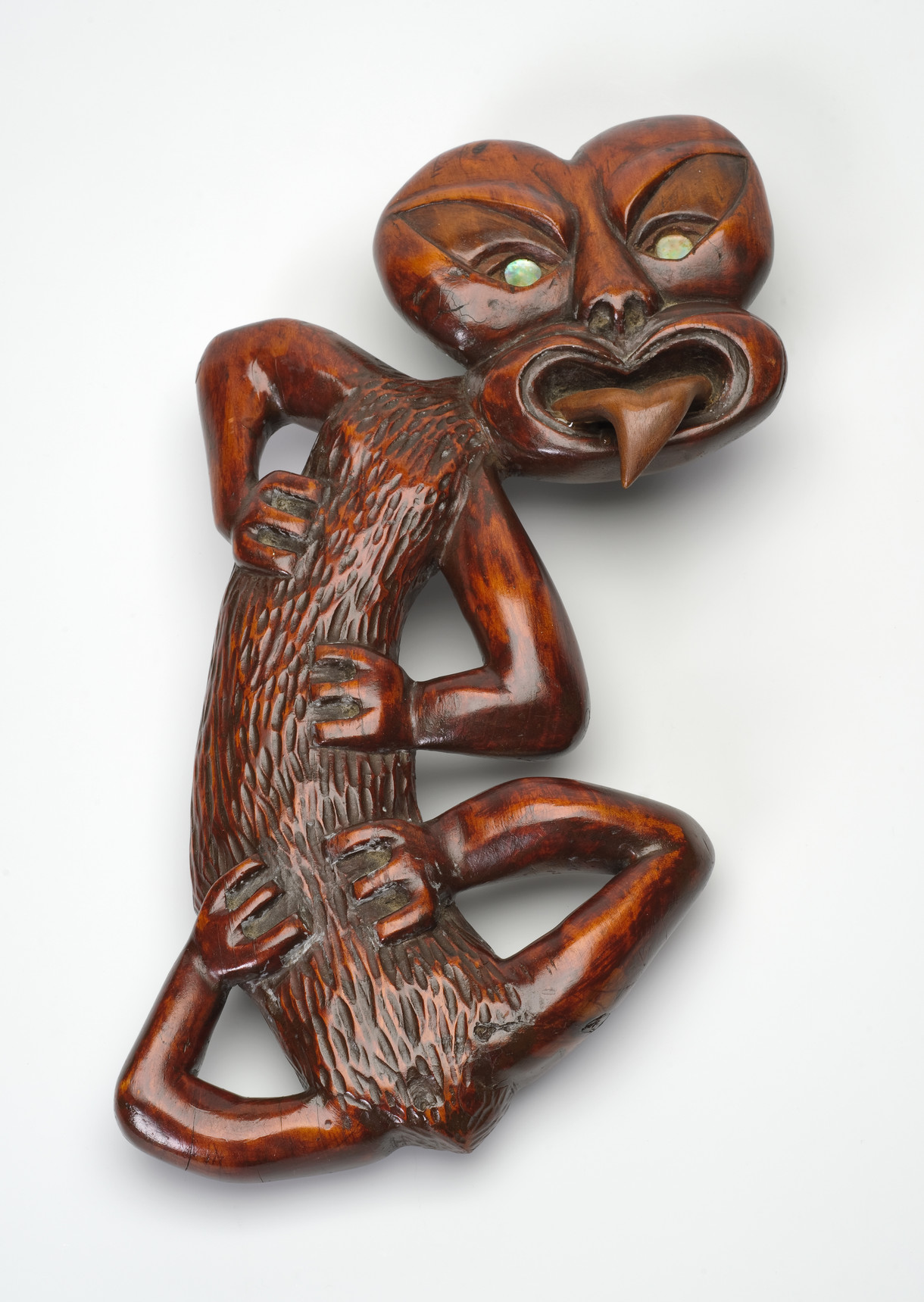B.179
B.
Bulletin
New Zealand's leading
gallery magazine
Latest Issue
B.22001 Jun 2025
Contributors
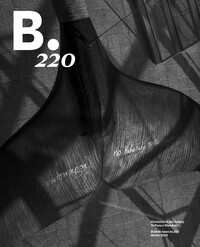
Interview
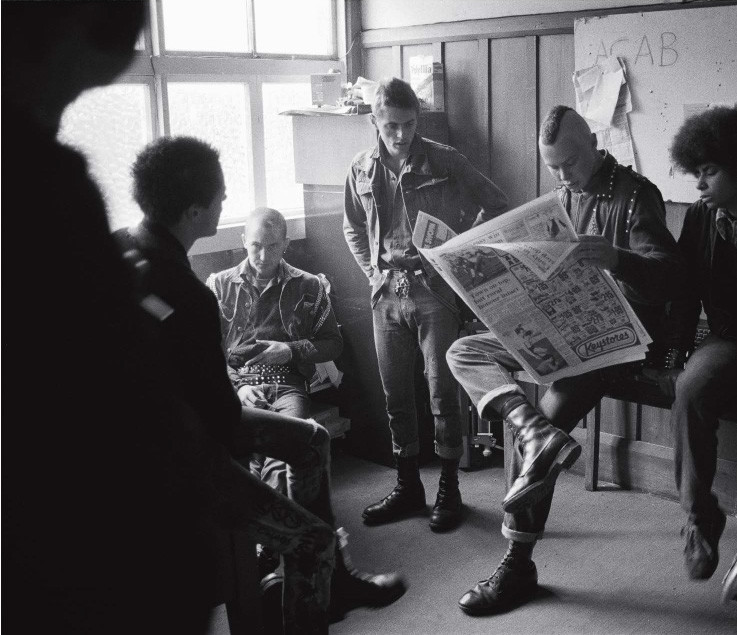
The significance of everyday things
During the winter of 1984 my mother, father and I packed an overnight bag and climbed into Dad’s Hillman Hunter. I was five years old and, as far as I could remember, it was the first time we’d ever ventured outside of Blenheim.
Commentary
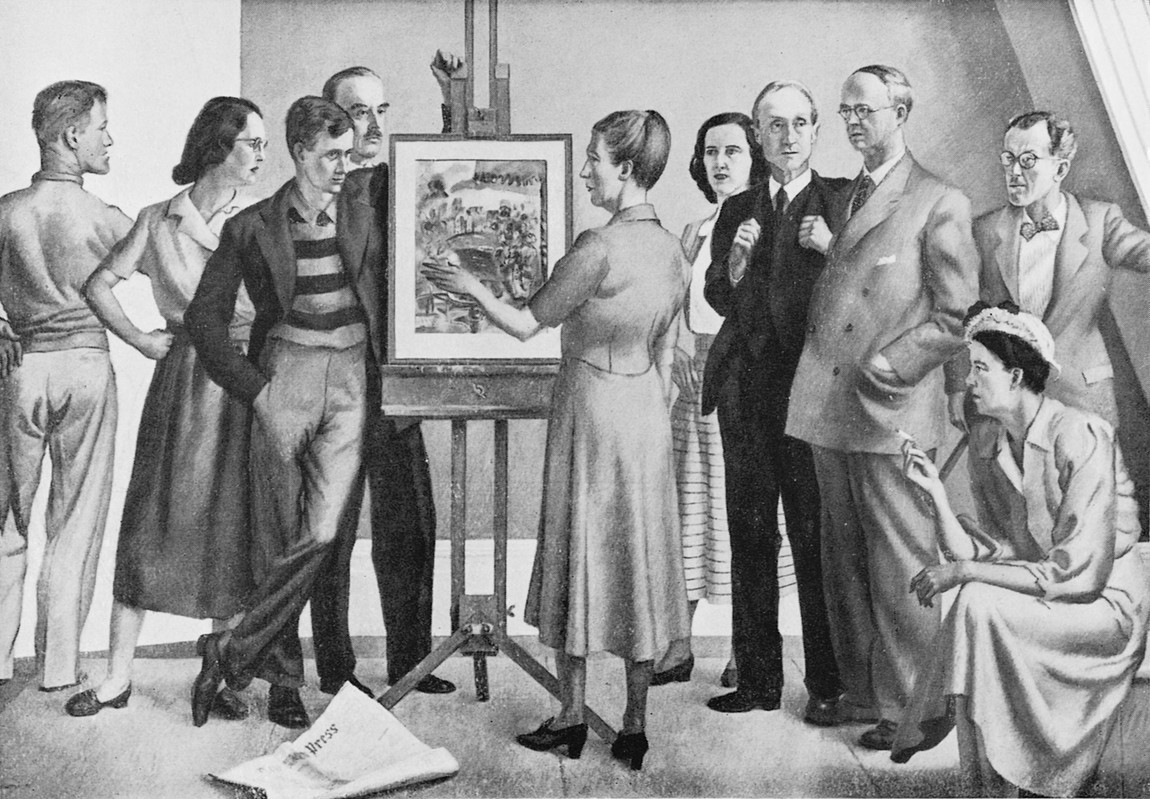
The wisdom of crowds
In recent years, crowdfunding and crowdsourcing have become big news in the arts. By providing a funding model that enables would-be-investors to become involved in the production of new works, they have altered traditional models of patronage. Musicians, designers, dancers and visual artists are inviting the public to finance their projects via the internet. The public are also being asked to provide wealth in the form of cultural capital through crowdsourcing projects. The Gallery has been involved in two online crowdfunding ventures – a project with a public art focus around our 10th birthday celebrations, and the purchase of a major sculpture for the city. But, although these projects have been made possible by the internet, the concept behind the funding model is certainly not new. The rise of online crowdfunding platforms also raises important questions about the role of the state in the funding and generation of artwork, and the democratisation of tastemaking. How are models of supply and demand affected? Does the freedom from more traditional funding models allow greater innovation? Do 'serious' artists even ask for money? It's a big topic, and one that is undoubtedly shaping up in PhD theses around the world already. Bulletin asked a few commentators for their thoughts on the matter.
Article
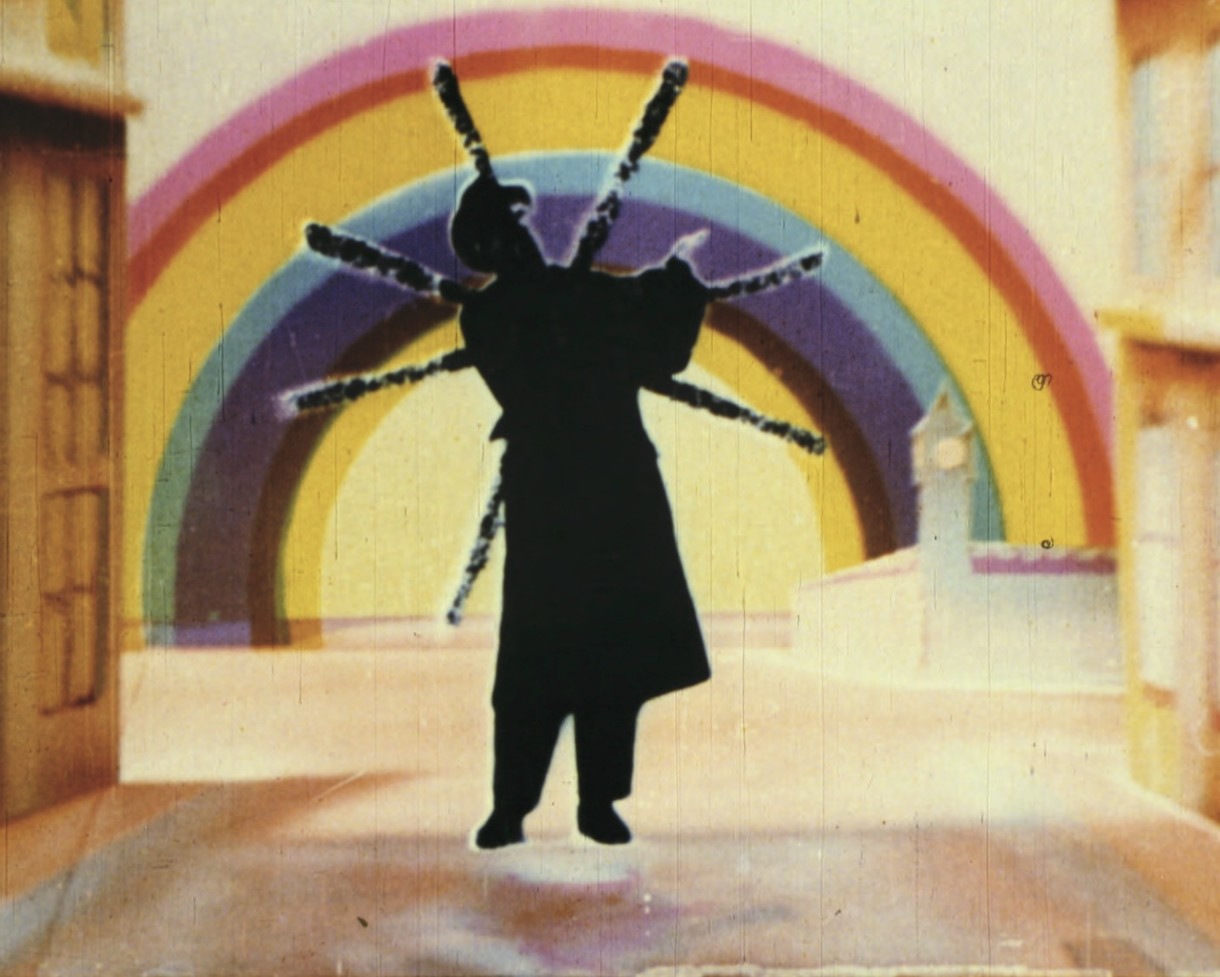
Going online
I’ve never actually seen the Mona Lisa, and it’s a fair bet that most people reading this article haven’t either. Yet, according to Wikipedia, the painting is ‘the best known, the most visited, the most written about, the most sung about, the most parodied work of art in the world’. So how to account for the fame of an artwork we haven’t seen? And what have reproductions of Da Vinci’s sixteenth-century portrait got to teach us about time-based art and the online environment in 2015?


